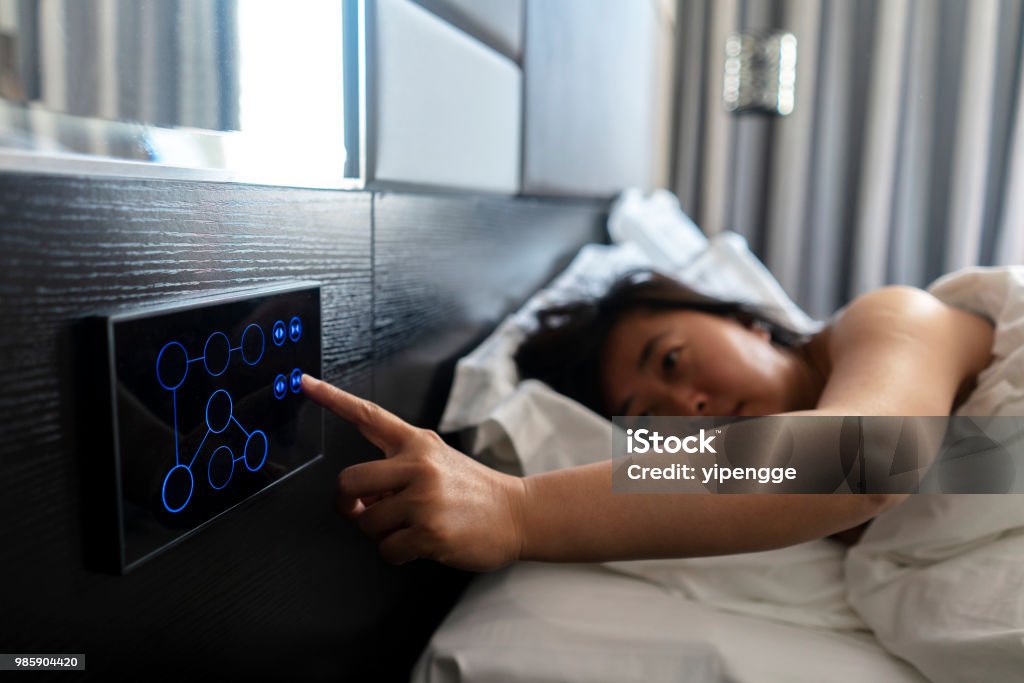Introduction
Sleep, once considered a passive activity, is now being revolutionized by technology—specifically, artificial intelligence (AI). In 2025, AI sleep technology is at the forefront of health and wellness innovation. From smart beds that adjust to your body to wearables that detect sleep disorders in real-time, AI is transforming how we understand and improve our sleep. As sleep becomes more personalized, efficient, and monitored, AI continues to reshape bedtime in ways once thought impossible.
The Evolution of AI Sleep Technology
Over the past few years, sleep tech has shifted from basic tracking to smart, responsive solutions. Traditional apps only monitored sleep patterns. Today, advanced AI algorithms analyze your breathing, heart rate, temperature, and even movement. As a result, devices can adjust room conditions, suggest lifestyle changes, or alert you to possible health concerns.
Moreover, AI sleep technology isn’t just reactive—it’s predictive. Using machine learning, it studies months of your sleep behavior to forecast sleep quality and suggest tailored routines.
Outbound link: Explore how AI is transforming sleep on TechCrunch

Smart Beds: Adaptive Comfort with AI
One of the most impressive applications of AI sleep technology in 2025 is in smart mattresses. Brands like Sleep Number and Eight Sleep have developed beds that use real-time biometric data to adjust firmness, temperature, and even elevation.
For instance, if your body temperature rises mid-sleep, the mattress cools itself. If you start snoring, it raises your head gently. This automation creates optimal conditions for REM and deep sleep without manual input.
In addition, these smart beds sync with mobile apps, offering detailed insights and daily sleep scores to help improve long-term rest.
Wearable Sleep Trackers: Smarter Than Ever
AI sleep wearables—like the latest Oura Ring, Fitbit Sense, and Withings Sleep Analyzer—have significantly evolved. These devices now track more than just hours slept. They analyze heart rate variability (HRV), oxygen saturation, respiratory rates, and movement phases using AI-driven algorithms.
Furthermore, if irregular patterns appear—like prolonged restlessness or signs of apnea—the wearable sends alerts to the user or syncs data with healthcare providers for early intervention.
This proactive approach could soon reduce the prevalence of undiagnosed sleep disorders, making AI a valuable ally in preventive health.
AI and Soundscapes: Personalized Sleep Environments
Not all sleep solutions are physical. AI sleep technology is increasingly being used in apps and smart speakers to create personalized sound environments. Apps like Calm and Headspace use AI to analyze your sleep cycle and generate real-time calming music or nature sounds that adapt to your brainwave activity.
In addition, AI voice assistants like Alexa or Google Assistant now integrate sleep schedules, turning off lights, setting alarms, and playing the perfect sleep playlist—all based on your preferences and past behavior.
Internal link placeholder: [Read more on “Top AI Gadgets 2025 to Improve Daily Life”]
Emotional and Cognitive Tracking During Sleep
One of the newer frontiers in 2025 is emotional AI integration during sleep. Certain smart devices now analyze sleep-related emotional patterns, helping identify stress, anxiety, or cognitive fatigue through facial expressions, voice tone, and sleep movement.
These insights are helping therapists, sleep coaches, and even AI therapists build better sleep therapy plans—completely personalized to individual psychological profiles.
Conclusion
In 2025, AI sleep technology isn’t just helping people track their sleep—it’s helping them transform it. From responsive beds and smart wearables to personalized soundscapes and emotional tracking, AI is making restful nights more achievable than ever.
As more people prioritize mental and physical well-being, investing in smart sleep solutions will be a game-changer. With AI, the future of sleep isn’t just about counting hours—it’s about improving quality, comfort, and ultimately, life itself.
